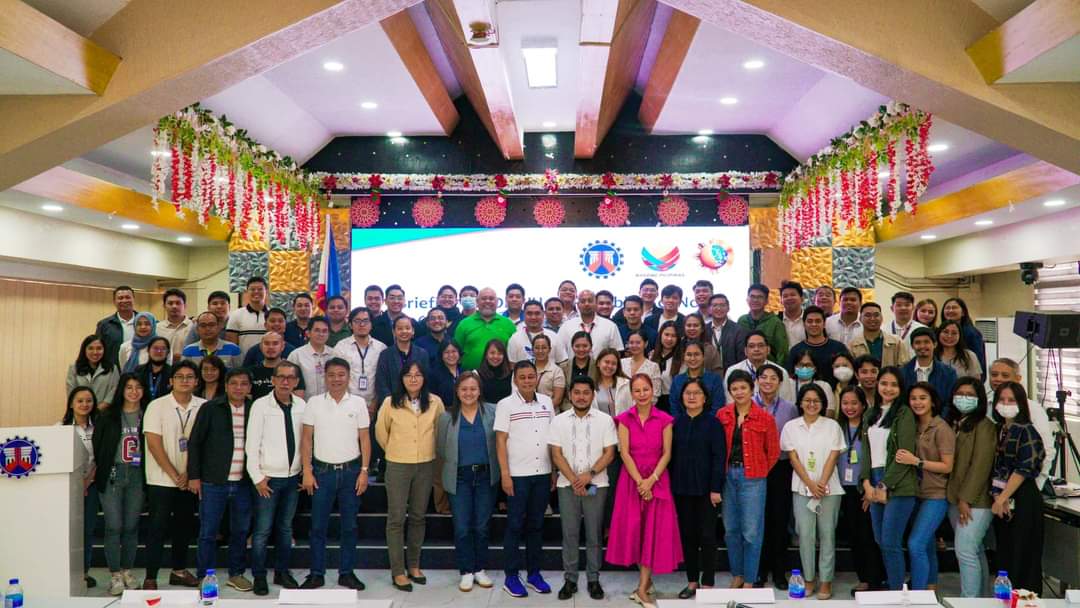
The Department of Public Works and Highways (DPWH) embraces the newly enacted Public-Private Partnership (PPP) Code of the Philippines also known as Republic Act No. 11966, signed by President Ferdinand R. Marcos, Jr., last December 5, 2023, through a comprehensive forum.
The PPP Code is identified as a priority measure of the Marcos administration which furthers the President’s 8-Point Socioeconomic Agenda placing an extensive focus on job creation through the promotion of trade and investments and improving infrastructure.
DPWH Undersecretary for Planning and PPP Services Maria Catalina E. Cabral emphasizes the significant impact of the PPP Code on the realization of achieving high-quality and sustainable national infrastructure projects in the country. It establishes a tariff regime that safeguards public interest and strengthens implementing agencies of PPPs among other reforms. Hence, the importance of enriching the knowledge and understanding of this law, she added.
PPP Center Deputy Executive Director and Resource Speaker Jeffrey I. Manalo discussed the 8-key topics mainly focused on the principles, interim guidelines, and provisions outlined in the PPP Code. He mentioned that the legislation of the PPP Code is expected to strengthen and improve the partnership between the public and private sectors. It would not only eliminate infrastructure funding gaps but also establish a reliable and stable framework for public-private sector collaborations.
Highlighted in the forum held December 28, 2023 at 5th Floor, Multi-Purpose Hall, DPWH Central Office, is the approval of National PPP Projects in Section 7, with the raised project cost threshold of fifteen (15) billion pesos by the National Economic and Development Authority-Investment Coordination Committee (NEDA-ICC) with specific provisions and guidelines for the national and local PPP projects.
Further, the law is chartered to institutionalize PPPs in the country, providing a unified legal framework at both national and local levels. All forms of arrangements are governed by this legal framework, including joint ventures, toll operations agreements, and variations on the Build-Operate-Transfer (BOT) paradigm. Hence, lowers transaction costs and makes doing business easier for PPPs.
A redefining moment for all Implementing Agencies (IA) including DPWH, in terms of streamlining all national and local projects with the highest quality and competitive framework following the “Build Better More” program of the administration.
Present during the briefing were DPWH Undersecretary Ador G. Canlas, Assistant Secretary Medmier G. Malig, PPP Service OIC-Director Pelita V. Galvez, Legal Service Director Gliricidia C.Tumaliuan-Ali, Procurement Service Director Ma. Victoria S. Gregorio, Planning Service Director Alex G. Bote, and Bureau of Design Director Danilo Balisi. Joining the forum from the PPP Center were Deputy Executive Director Jeffrey I. Manalo and Executive Director Ma. Cynthia Hernandez.
Furthermore, after the publication and effectivity of the PPP Code last December 23, 2023, the Implementing Rules and Regulations (IRR) will be formulated and promulgated by the IRR Committee within ninety (90) calendar days. Hence, the PPP Code IRR is expected to be issued within the first quarter of 2024.
